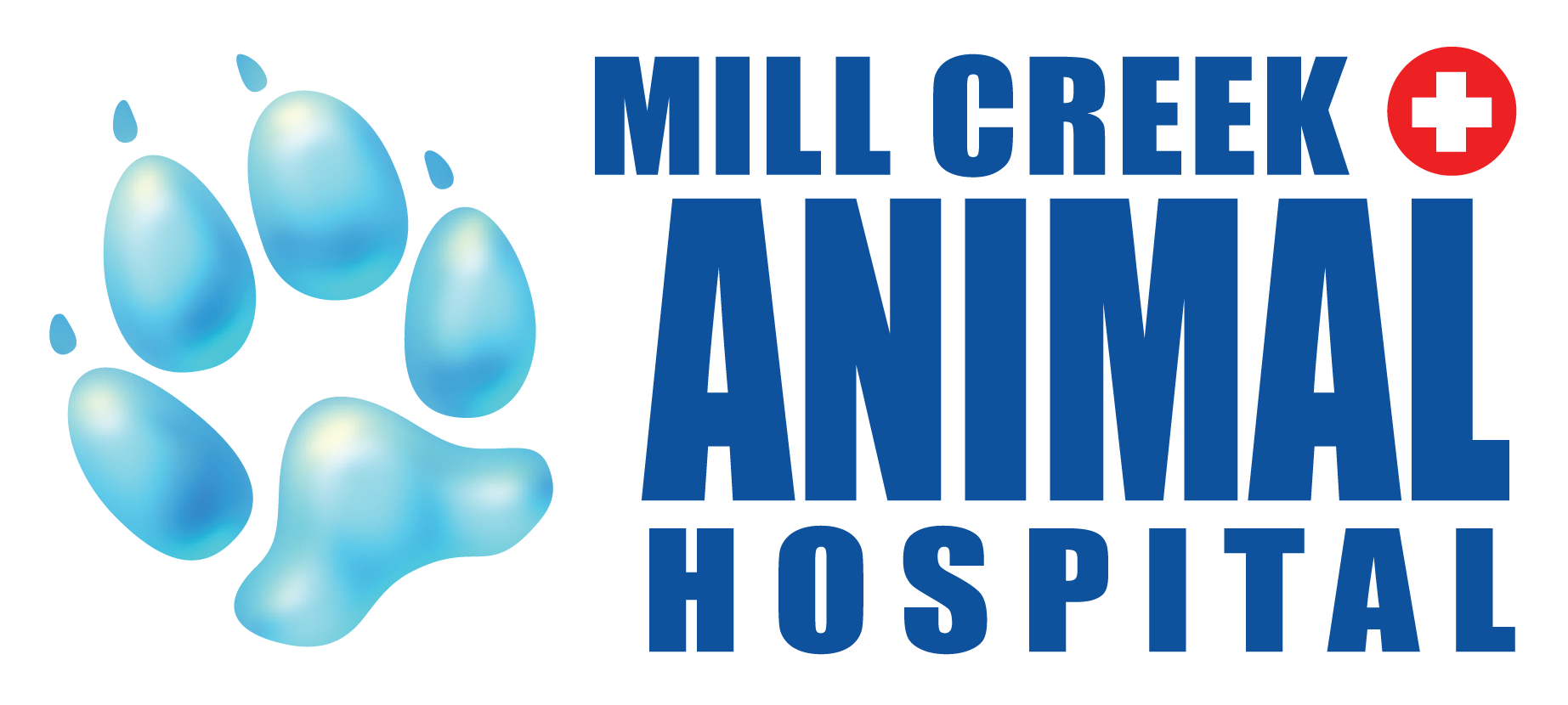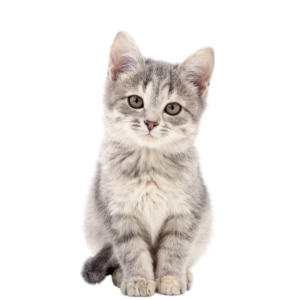As weight management month wraps up at our clinic, we need to continue to stay on top of our pet’s diet in order to ensure that our furry friends stay healthy and happy throughout the year.
When your vet talks about anorexia in your pet, they are not suggesting your cat or dog has a distorted body image. In fact, it would be quite curious to find your pet analyzing her body in front of a mirror after her recent weight gain, or perhaps asking to switch to a low calorie diet before her upcoming beach vacation! Your vet is simply saying that your pet is not eating.
The truth is, loss of appetite is one of the most obvious ways of determining if your pet is sick. For example, if you are offering your pet his favorite treats and he is reluctant to devour them, he is probably not feeling well.
If your pet is not eating or drinking normally or if he/she is acting unwell, here are a few tips you can use before the problem becomes severe and Vet attention is needed.
- Offer your pet canned food as opposed to dry kibble. Canned food tends to be more appetizing to picky eaters and offers additional water. You can also try heating up your pet food to increase palatability.
- Eating in private can sometimes help the problem. When your pet is not feeling well he/she may want to be alone. If you have a multi-pet household, your other pets may be inclined to eat more or even all of your sick pet’s food. So make sure all pets have their own individual bowl so there is less competition.
- Some Vets prescribe medications that stimulate appetite and may even relieve nausea. A common medication used is Mirtazapine, this medication should only be used after your Vet has diagnosed the underlying cause of the appetite loss.
We know how important your animal is to you, which is why we want you to maintain the highest dietary standards. Nutritional maintenance is vital to your pets health. Making sure to feed your pet high quality, nutritionally balanced food, making sure they get optimal exercise and finally seeking the professional advice of your Vet if any concerns should arise, are all crucial steps to ensuring the best and longest life out of your beloved furry friend.



